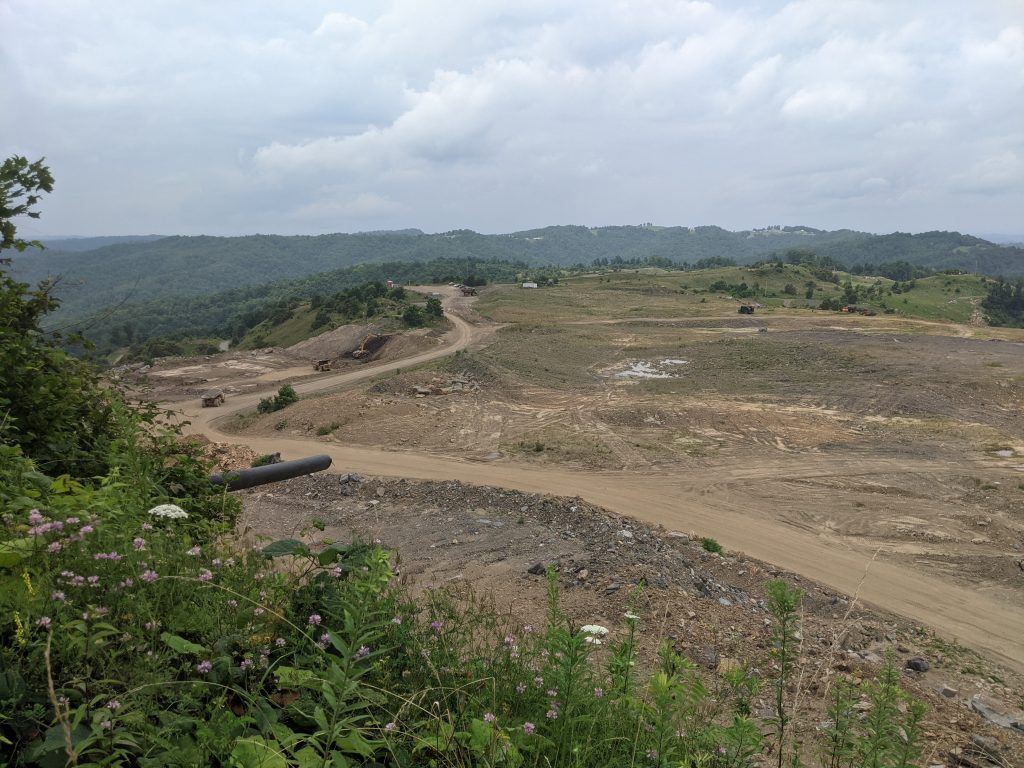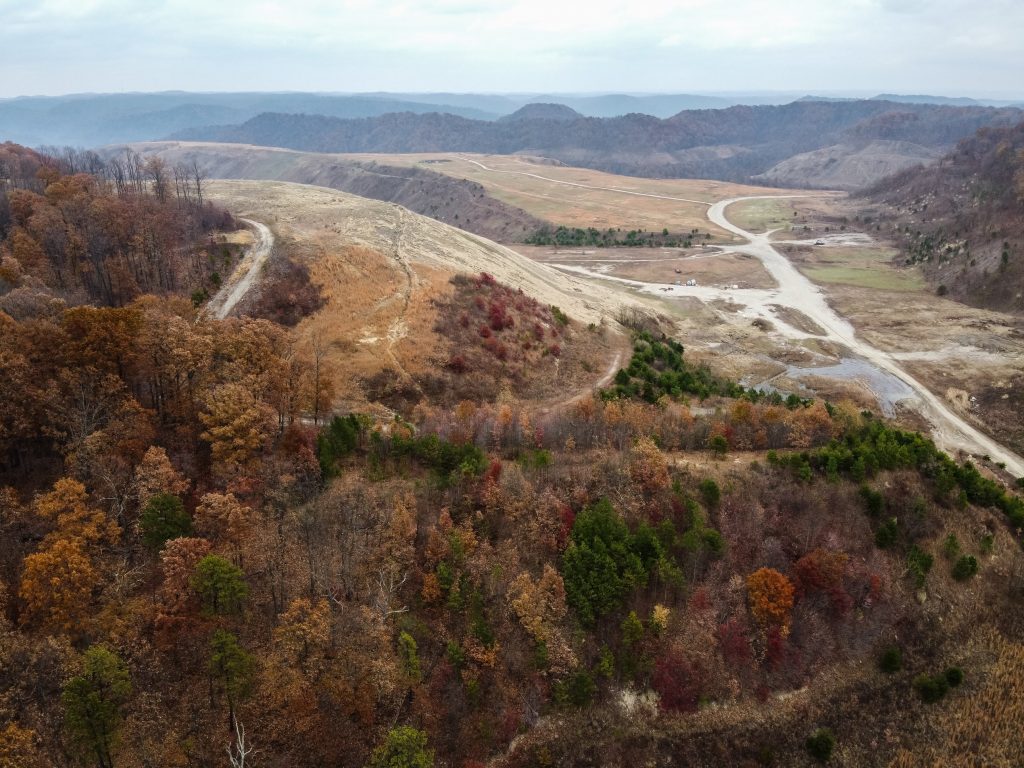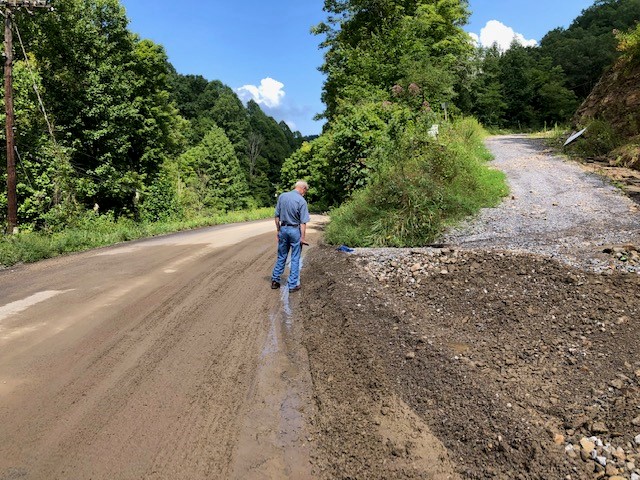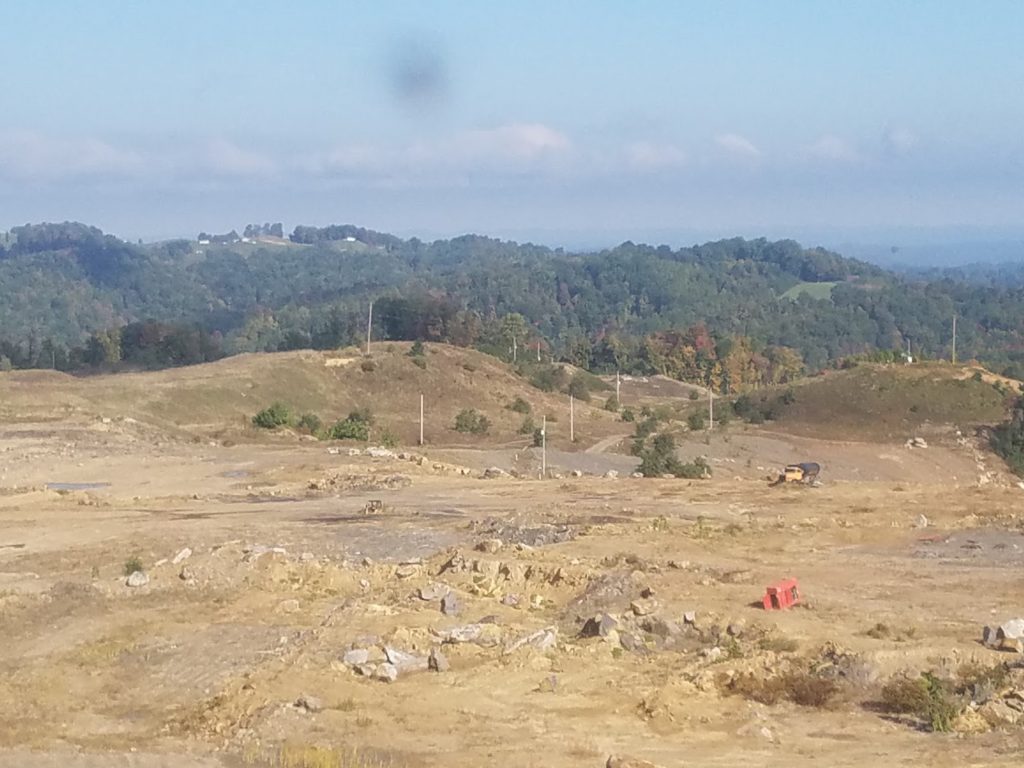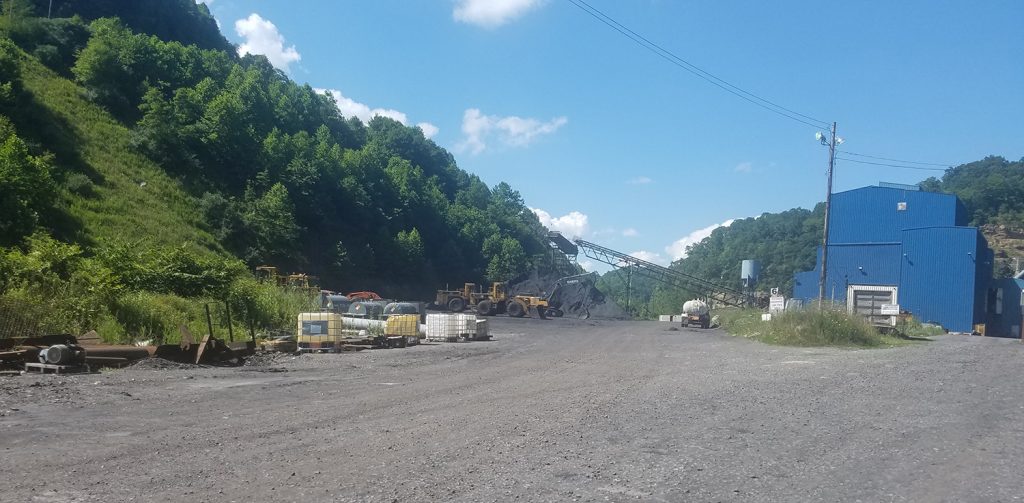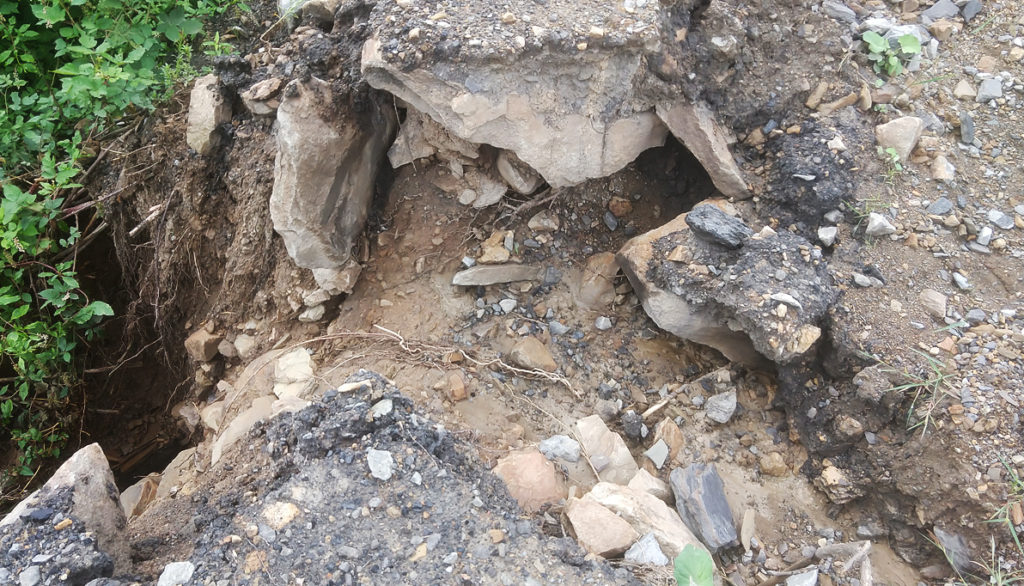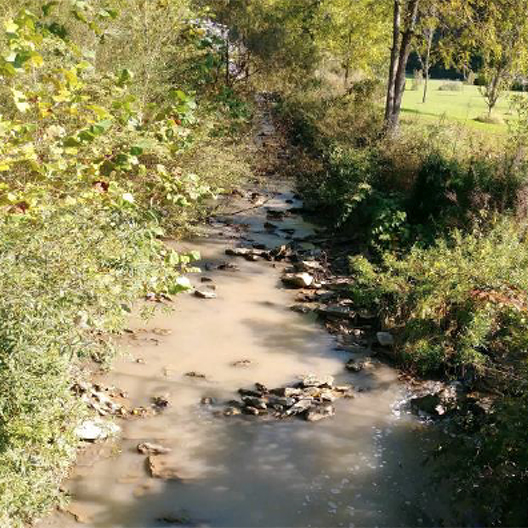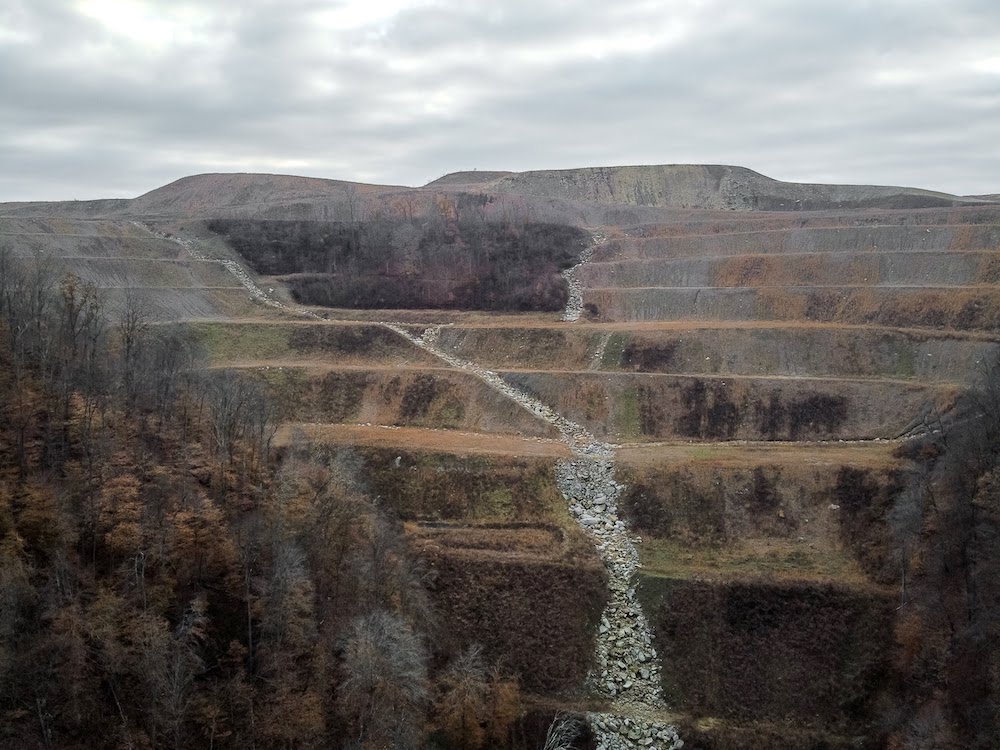Posts Tagged ‘blackjewel’
How the Coal Mine Cleanup System is Failing
The bankruptcy of coal company Blackjewel has exposed many flaws in the current mine cleanup system.
Read MoreBlackjewel’s Catastrophic Bankruptcy and the Collapse of the Mine Cleanup System
Blackjewel’s bankruptcy demonstrates how the mine cleanup system is coming undone — and how nearby residents bear the burden when coal companies fail to repair their damage.
Read MoreBlackjewel mine creates emergency road hazard in Russell County, VA
Heavy rains caused debris from an inactive coal mine to block portions of VA State Route 632 in late August — an event that might become all too common with climate change-fueled rainfall likely to intensify.
Read MoreBankruptcy Proposal Would Dodge Mine Cleanup Laws
As the Blackjewel bankruptcy continues, the responsibility to reclaim mine sites and workers’ compensation for past medical bills are still major issues.
Read MoreWho Cleans Up Environmental Mess Bankrupt Coal Leaves Behind?
As more coal companies file for bankruptcy, it remains unclear what will happen to hundreds of thousands of acres of unreclaimed mine land in eastern Kentucky and the rest of Appalachia.
Read MoreDelays, pollution and financial hurdles plague Blackjewel mines
Recent developments in the Blackjewel bankruptcy case raise more doubts about whether the serious reclamation problems at many of its coal sites will be properly addressed anytime soon.
Read MoreBond-forfeited Virginia Blackjewel mines may finally have a buyer
Three Virginia strip mines, neglected in the wake of the Blackjewel bankruptcy, may finally have a buyer. But it remains to be seen if the new company would be able to reclaim the land.
Read MoreCompanies play hot potato with unreclaimed Blackjewel mines
Virginia regulators, a surety insurance company, and two coal companies are playing hot potato with 22 of bankrupt Blackjewel’s coal permits — and none of them want to be left with the responsibility of reclaiming the sites.
Read MoreThe Impacts of Coal Bankruptcies
With industry projections trending downwards, questions continue about whether the mine reclamation system can handle ongoing bankruptcies.
Read MoreBankruptcies Shake Coal Industry
Murray Energy filed for bankruptcy in October, the latest of eight coal bankruptcies in 2019. Legal disputes regarding the summer Blackjewel bankruptcy continue.
Read More
